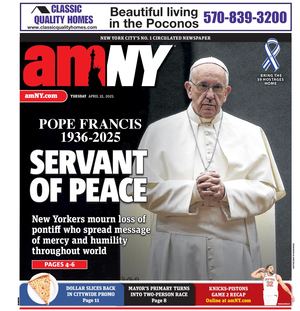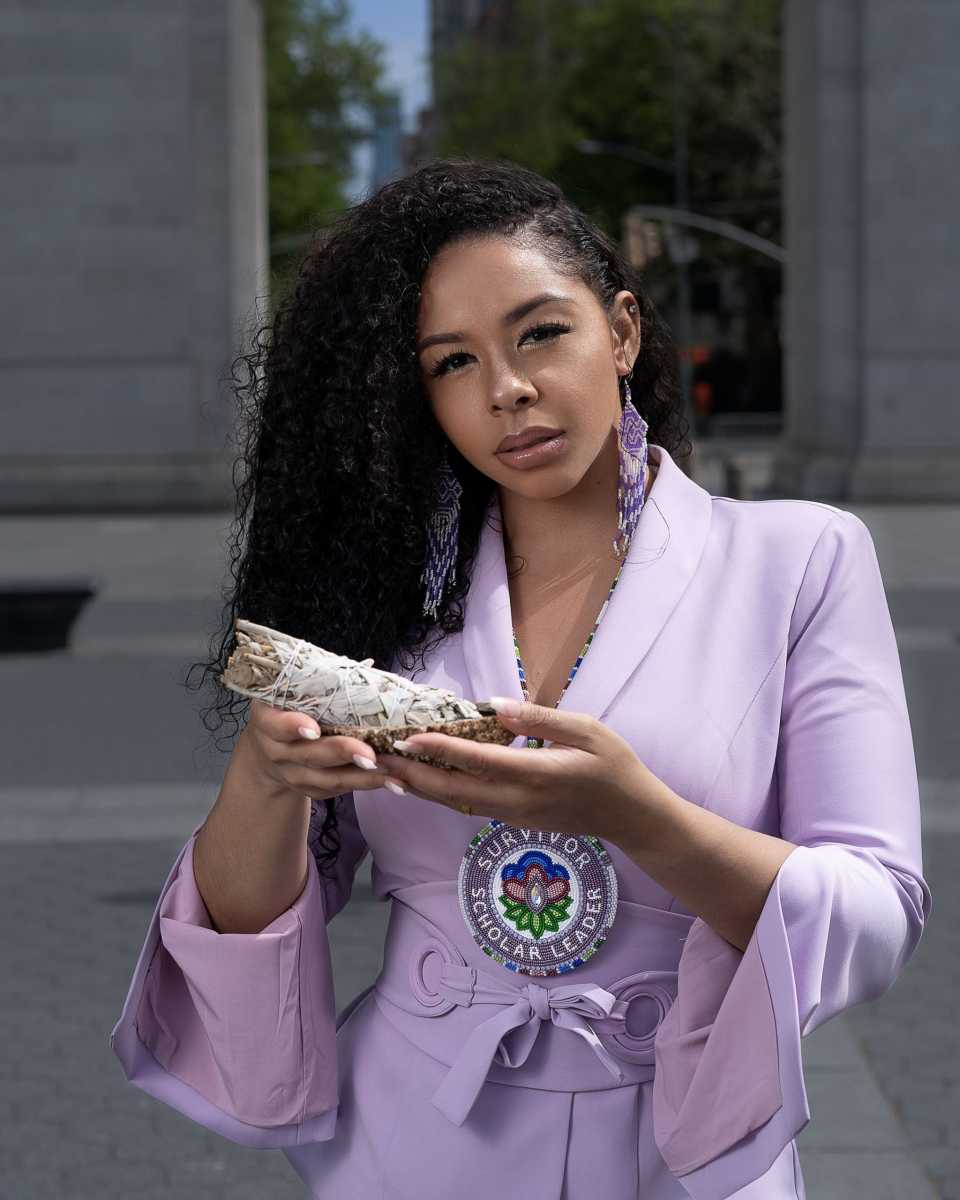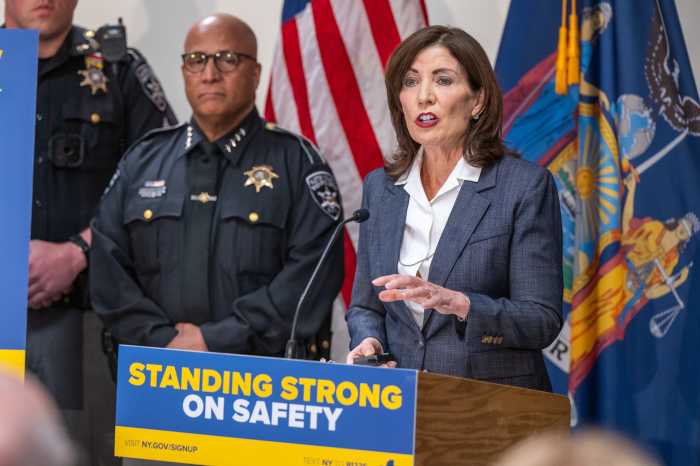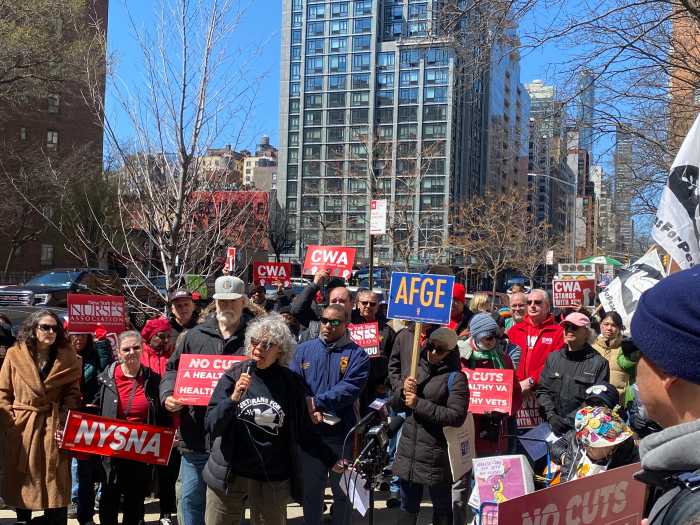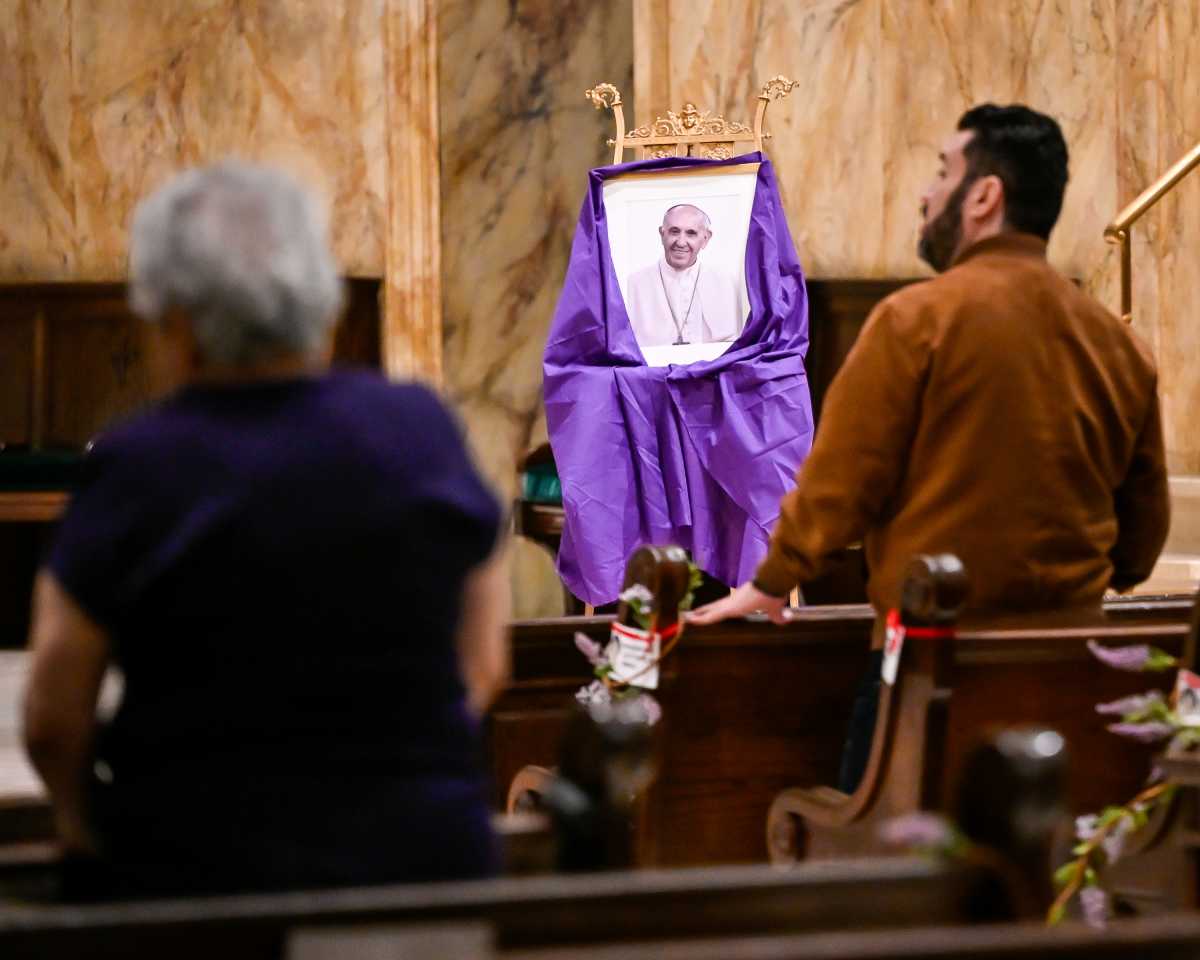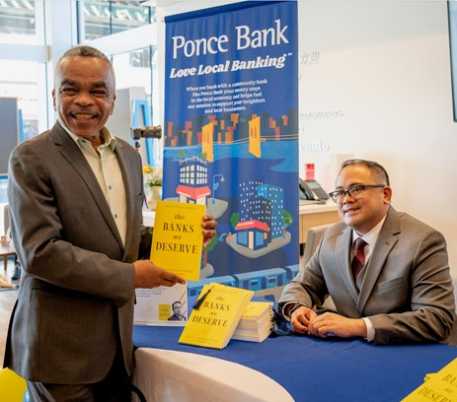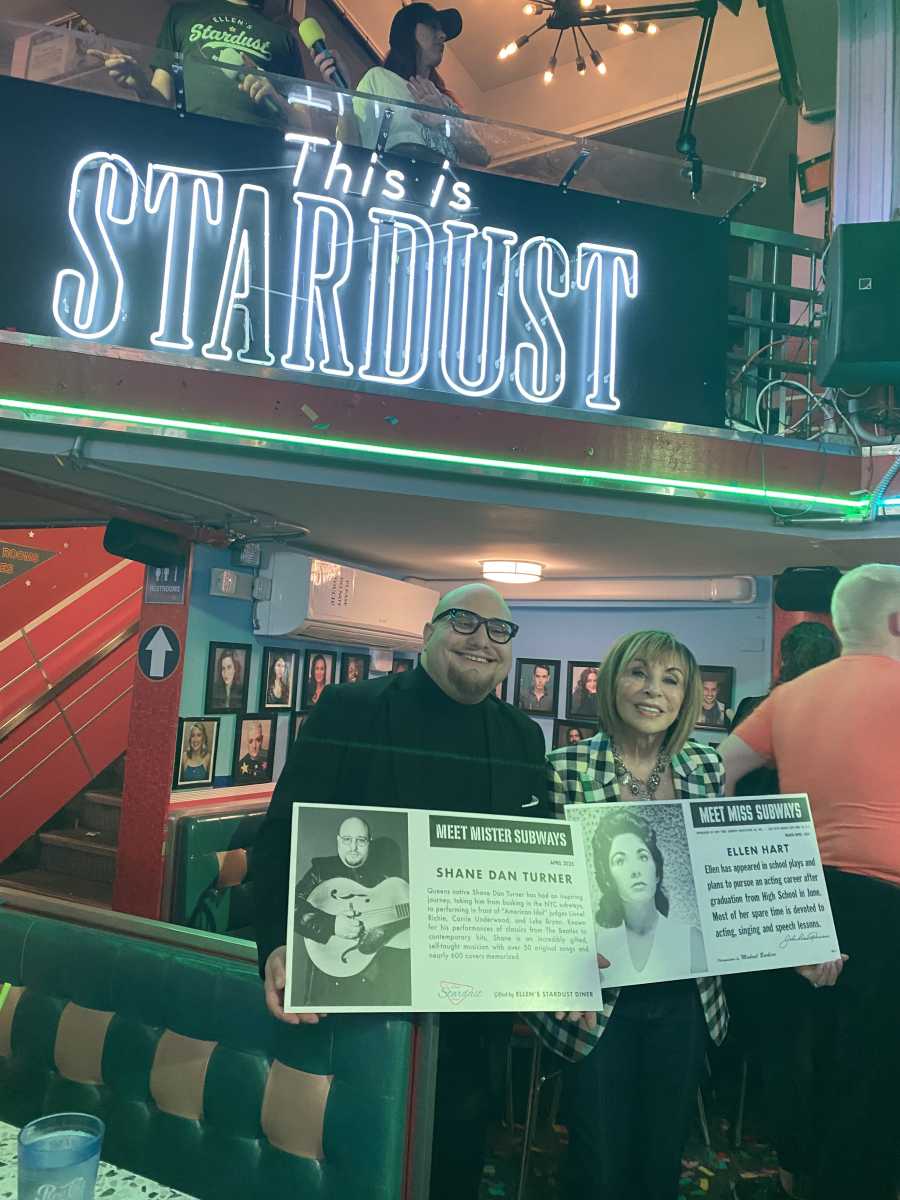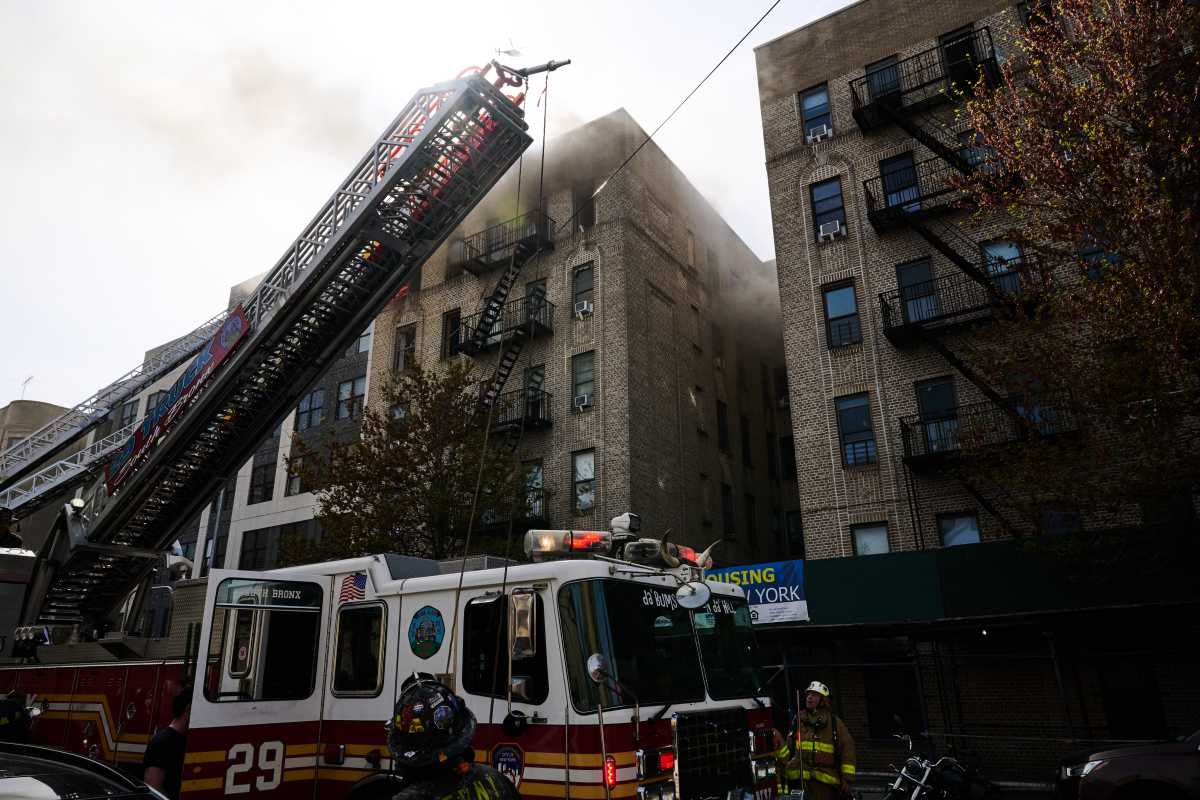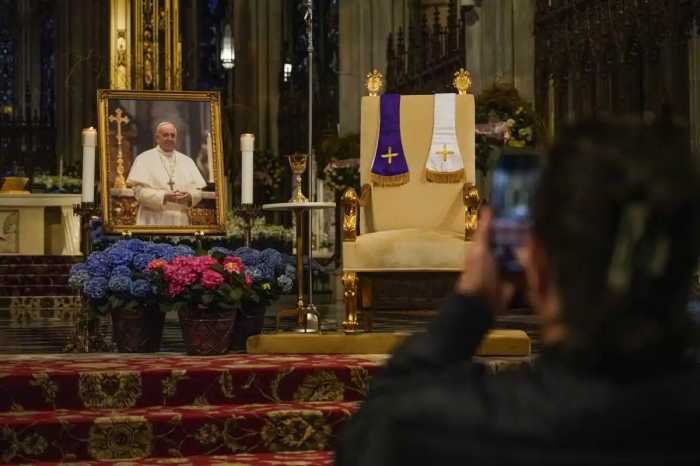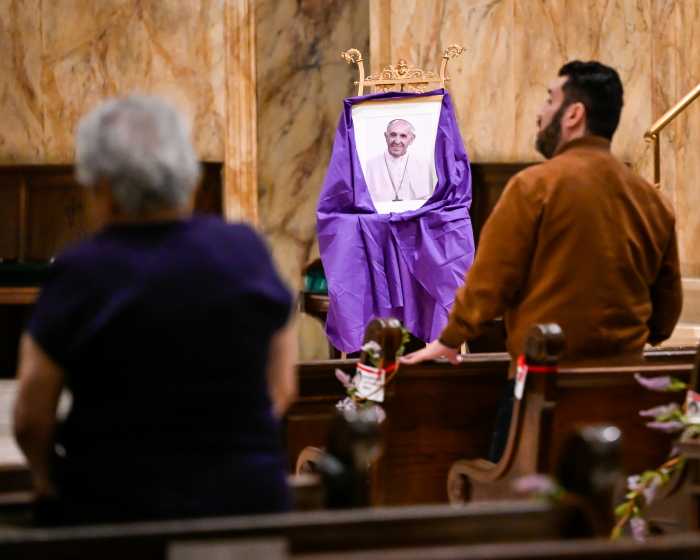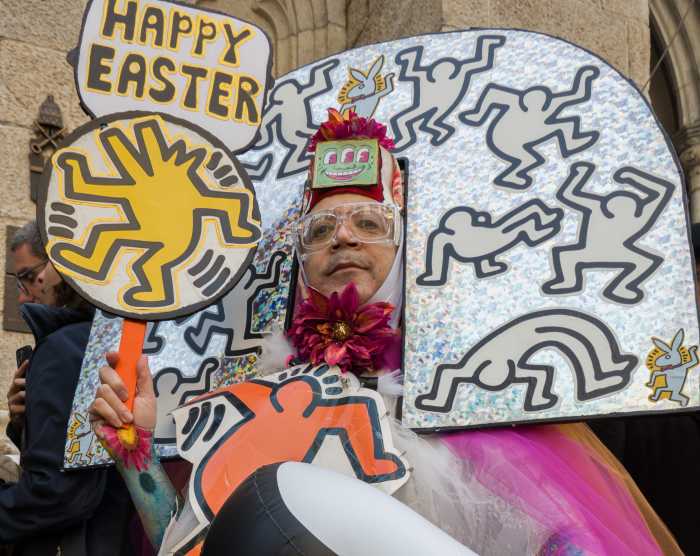From the time she was young, Sutton Mikole King was very connected to her Native American culture.
King was born in Wisconsin and is descended from the Menominee and Oneida Nations of Wisconsin. King is a descendent of Menominee Chief Oshkosh, who was instrumental in making sure that the Menominee tribe wasn’t forced to leave their land in Wisconsin.
While King was put into predominantly white schools growing up (“My mom wanted me in the best schools for more opportunities,” says King), King was highly involved in her Native American culture, particularly Jingle dress dancing. At 18 years old, King moved to New York and attended the College of Mount Saint Vincent, earning her Bachelor of Arts degree in psychology with a minor in sociology.
“I went to New York for better opportunities, but I also wanted to connect more with my Oneida heritage, which is based in New York and has tribes in Wisconsin and Canada,” said King. “I’ve been in the Bronx the entire time.”
King recently earned her Master’s Degree in Public Health from the NYU School of Global Public Health this year.
“I thought it was pretty ironic that I got my masters in public health during a pandemic,” said King, laughing.
However, prior to graduating with a master’s in public health, King found herself becoming more immersed in health for indigenous people. Six months after finishing her undergrad degree, King was approached by a tech company and she began to develop training that would help tribal youth without traumatizing them, including creating trauma-informed and suicide prevention programs within 80+ tribes.
“I did that for about three years, and found out that I had a connection to healthcare, and it lit a fire under me,” said King. “After that, I served as the Director of Wellness for an Urban Indian Health Program. During my year there, I was able to identify so many more opportunities to help indigenous youth, beyond what was already being done.”
In August 2019, King starting the Urban Indigenous Collective (UIC), a health and wellness nonprofit for urban Native Americans. New York City has the largest population of indigenous peoples in the United States, with more than 112,000 Native Americans living across the five boroughs.
UIC devotes its advocacy to healthcare services, as well as creating a connection for the urban Native American youth to their heritage for the tri-state area. As an Afro-Indigenous woman, King recognizes how crucial it is for Indigenous youth to have access to these kinds of services.
“71% of Native Americans are urban. We were pushed off of our land with the promise of healthcare and jobs, but it wasn’t there for us. The safety net was gone,” said King. “Natives are born with a legal right to healthcare, but it is severely underfunded.”
UIC is currently working with the DOE to help make their programming more visible within the education community, with hopes to eventually move into the healthcare system and start their own clinic. The nonprofit is also in the process of developing a new app called ShockTalk, which would give a chance to connect with other indigenous youth, access resources such as Native American therapists, and share critical data and information, like a murder/missing women database.
UIC was given $5,000 from a tech starter company to get the work going on ShockTalk, there is more to get the job done. Recently, King was recognized as a finalist for the David Prize, which awards money to New Yorkers who are looking to change their communities for the good. If selected, King will receive $200,000 to go towards UIC’s projects.
“I had seen something online about the David Prize and didn’t really think much of it at the time,” said King. “But later I was talking to one of my professors at NYU, Cheryl Merzel, and she asked me if I had heard of it. She told me to do it, saying that I was a visionary with everything I wanted to do with UIC. It gave me the little kick in the butt that I needed.”
King hopes that UIC can help spread the word that there are services available to those who are urban native youth who need it.
“It’s disheartening to see the lack of response from federal programs,” said King. “I hope we can increase awareness and create a safety net so our people can thrive.”
For more information about UIC, visit www.urbanindigenouscollective.org.
